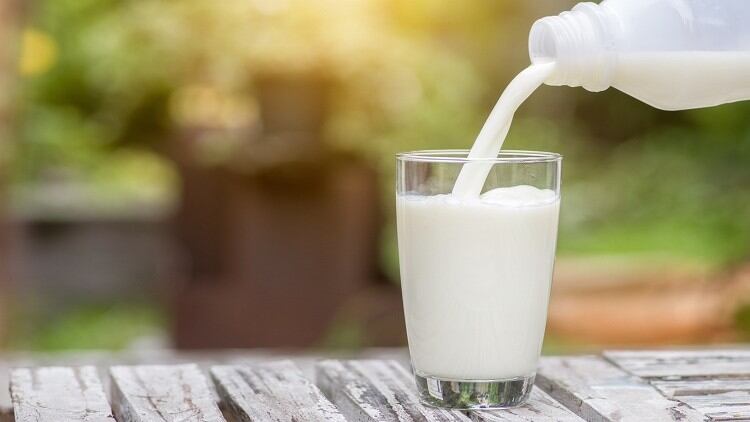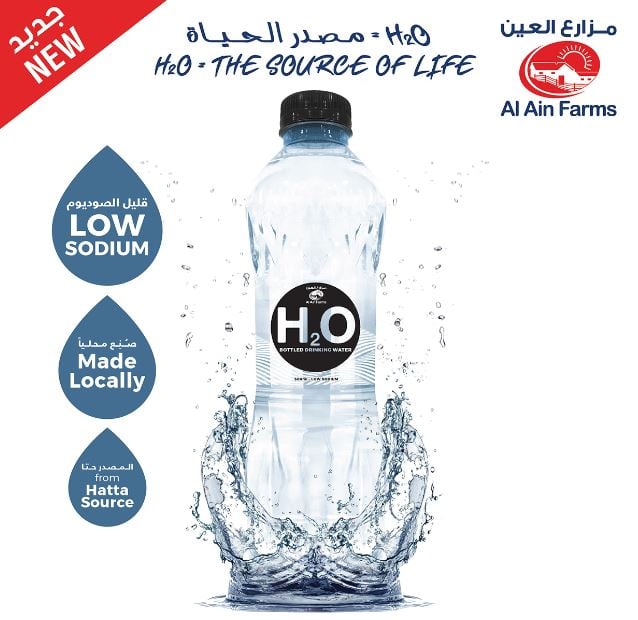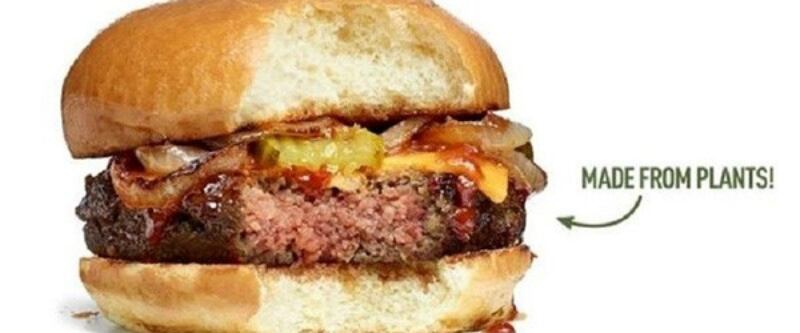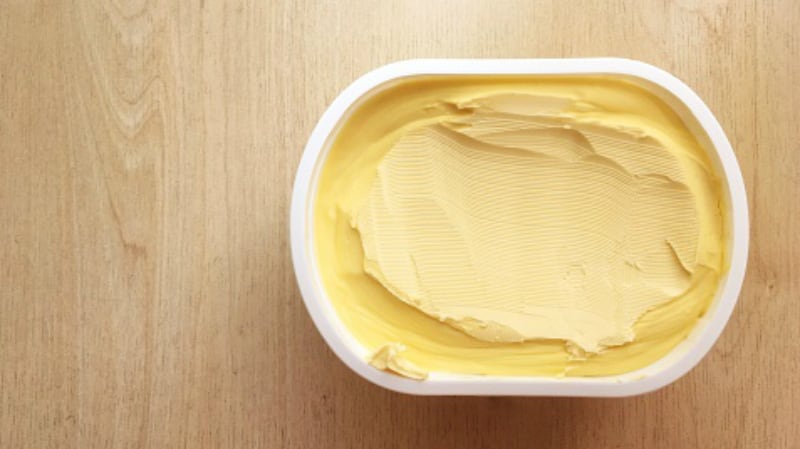This regulation will apply to dairy products with the Harmonised System (HS) codes between 0401 to 0406 (milks, creams, yoghurt, whey, butter and other dairy spreads, some cheeses) and 9806 (Liquid milk, non-goat/sheep milk and condensed milk; also controlled under HS 0401, 0402 and 0403).
“All imported dairy and dairy products that are meant for human consumption purposes will need to have an official sanitation certificate issued by the exporting country starting from May 1 2020,” said Director-General of the Taiwan Food and Drug Administration Wu Shou-mei in a formal statement.
“This formal document needs to be attached to the imports and should contain statements proving that the imports are fit for human consumption or compliant with the relevant food safety and health regulations in the exporting country.”
These regulations appear to have been notified to the World Trade Organisation as early as 2018, although the dates for adoption, publication and enforcement were submitted as ‘To be determined’ back then.
Taiwan is known to be particularly careful about its dairy imports, and only started importing fluid milk from foreign countries in 2002, as per data from the Global Agricultural Information Network.
Prior to this, the country had in place a full ban on fluid milk imports, which was switched to a Tariff Rate Quota (TRQ) and a Special Safeguard (SSG) mechanism when it opened its market some 18 years back.
An SSG is basically an import duty to deal with import surges, whereas a TRQ is a system that utilises both import quotas and tariffs to regulate import inflow of a particular product.
Still protected
Although both the TRQ and SSG were put in place almost two decades ago, the Taiwanese dairy industry is still protected by these measures. The SSG for milk is triggered by certain quantities/unit prices as determined by the Taiwan Department of Treasury and is generally utilised when demand is high in the country, for example during the summer.
As of 2018, import volumes falling within the import quota saw 15% tariffs, but those out of the quota were charged NT$15.6 (US$0.52) per kilogramme, which the Unites States Department of Agriculture (USDA) estimated to be some 50% of the average import value.
“[An] additional 33.3% surcharge is applied [to] imports above the SSG’s quantity trigger [in addition to the out-of-quota tariff, so] little milk is imported after the SSG comes into effect as the combination of the out-of-quota tariff and SSG can exceed 80% of the import value,” said USDA.
Goat and sheep milk imports are not subject to any TRQ or SSG controls but are required to pay a 20% tariff.
Competition incoming
Taiwan signed a Free Trade Agreement (FTA) with New Zealand in 2013 agreeing to remove all tariff and quota restrictions for dairy imported from New Zealand by 2025, as per documentation from the New Zealand Commerce and Industry Office (CIO).
Under the FTA, New Zealand’s import quota was set at 8,500 tons in 2019, which will increase to 10,000 tons in 2022 before this is lifted completely in 2025.
Although it is currently the second largest exporter of milk to Taiwan behind the United States, the conditions of the agreement are likely to give New Zealand dairy a significant advantage in the market, posing a threat not only for the US but for local milk producers as well.





